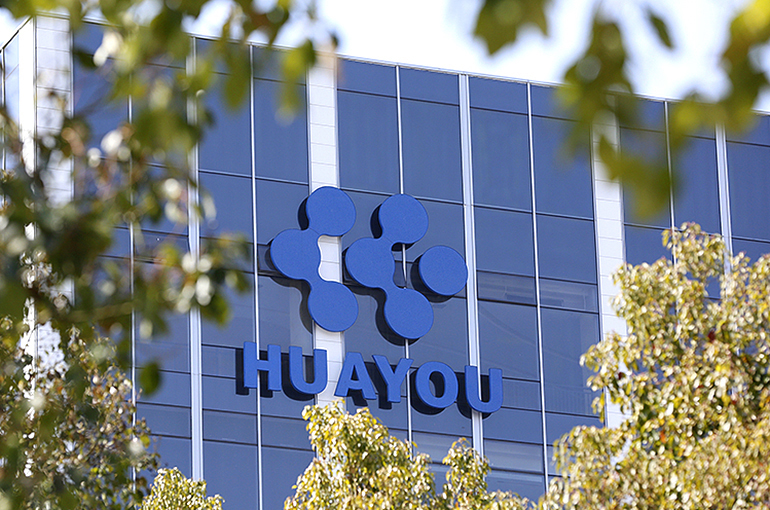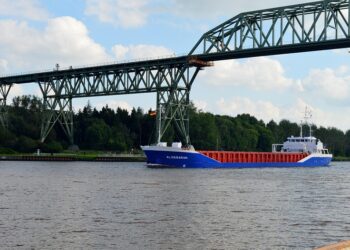Select Language:
Shares of a major Chinese lithium battery materials producer increased after announcing that its soon-to-open factory in Hungary has secured a nine-year supply agreement with a leading Chinese EV battery manufacturer.
The company’s stock rose by 1.6%, reaching CNY61.48 (around USD8.68) per share by mid-afternoon in Shanghai. The Hungarian plant is expected to supply approximately 127,800 tons of high-nickel ternary cathode materials to the local battery manufacturer from next year through 2035. Of this total, roughly 126,500 tons are projected to be delivered between 2027 and 2031.
The announced volume is preliminary and may be adjusted based on future orders; additional details, such as the contract’s total value, have not been disclosed. Given the current price of similar high-nickel cathode materials—about CNY166,000 (USD23,435) per ton—the order’s estimated worth is approximately CNY21.2 billion (USD3 billion).
This agreement is intended to support the needs of premium European automakers and strengthen the company’s position within the European electric vehicle supply chain. It is part of a broader strategy to increase its market share and enhance its core competitiveness in the lithium battery sector.
Earlier this year, the company reached an agreement to supply 164,000 tons of ternary precursor cathode materials to a Korean energy solutions provider through 2030. Of this, around 88,000 tons are expected to come from the Hungarian factory for the Korean firm’s plant in Poland.
The company plans a €1.3 billion (about USD1.5 billion) investment to develop the Hungarian factory, which will produce high-nickel ternary cathode materials for European customers. The first phase, costing roughly €252 million (USD292 million), will have an annual capacity of 25,000 tons and is expected to start operations by the end of this year.
The EV battery facility in Hungary, with a total investment of approximately CNY10 billion (USD1.4 billion), is scheduled to become operational around 2027. It will produce 28 gigawatt-hours of large cylindrical ternary lithium batteries annually, with BMW’s electric vehicle plant in Debrecen serving as its primary customer.






